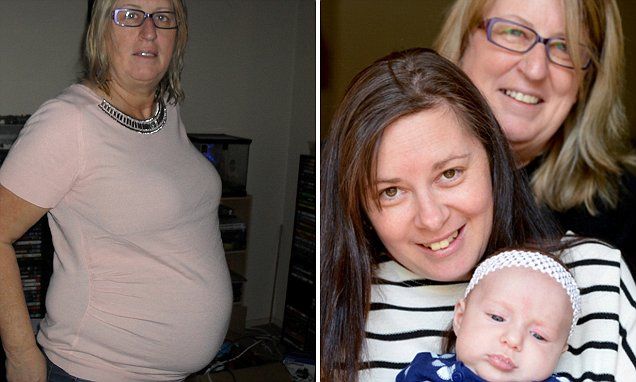Surrogate spouse syndrome
When Parents Make Children Their Friend or Spouse
When my parents divorced, 30 years ago, my younger brother was the only one of us five kids yet to attend college. As the "only child" at home, my mother leaned on him heavily and, as so many lonely parents do, she turned him into her surrogate husband.
My brother spent the following three decades of his life anticipating and meeting my mother's needs. He even went so far as to move next door to her so that he could be close enough for her call, but also have a sense of separation, too. He had a wife and daughter who needed him at home, after all.
Making a child the stand-in for the spouse you lost, be it through divorce or death, is not unusual. It happens all the time.
From a family systems perspective, this dynamic makes perfect sense. When one member of the system leaves, another one will step in and take its place. This is nature's way of maintaining a sense of balance. The term for this phenomenon is "homeostasis. "
Additionally, nature hates a vacuum so when a space as large as a mother or father becomes vacant, something or someone will unconsciously and automatically want to fill it.
Parents who are using their children to get their emotional needs met may believe that the new arrangement is a good one—they think that everyone benefits. They get their needs met and, as they see it, their children benefit because they will feel useful and loved. The adults may not realize that there are many more negative than positive impacts on children who are parentified.
Asking a child to play the role of an adult is a heavy burden. In many cases, troubles shared with children (who don't have the coping skills or life experience to know how to deal with them) leave the child feeling hopeless and helpless. Rather than augmenting a child's self-esteem, the constant feeling of futility can lead to lowered self-worth.
It's not only parents imposing this role on their children, some children see what is needed (or at least what they think is needed) and offer to fill the vacuum. For every story about a parent leaning too heavily on a child, there's one about a child who wants to be seen as "the man of the house now" or "dad's caretaker."
For every story about a parent leaning too heavily on a child, there's one about a child who wants to be seen as "the man of the house now" or "dad's caretaker."
How the Surrogate Spouse Role Impacts a Child's Adult Relationships
This level of parent-child enmeshment fosters unhealthy dependence. The child who was trained so well to anticipate the needs of his parent will, without awareness or intervention, carry this trait into his adult relationships.
The doting daughter and later doting wife may suppress her own needs and not speak her own truth in her marriage. This, in turn, leads her into toxic rages or an affair.
Because she was trained not to ask for what she needed, it never occurred to her to do so. Meanwhile, she merely had to state what she needed and her husband would have responded positively.
The doting son and later doting husband set himself up to be a doormat by pampering a partner who is happy to have a one-sided relationship.
People who suffer learned helpessness may become chronic under-earners and others with an over-inflated need to please may unconsciously turn into workaholics.
How to Avoid the Parentification Trap
Turning your teen into your mate, friend, or equal is known as "parentifying" your child; this is also referred to as Emotional Incest or Surrogate Spouse Syndrome. I can think of no circumstance where it is of any benefit to anyone in the long run.
It is unequivocally an indication that the adult in the family is not getting her needs met. Understanding the signs of parentification can prevent life-long damage to the children who otherwise have no choice but to be there for a needy parent.
Here are a few signs that you may be leaning too heavily on your son or daughter:
1. You forego plans with friends or peers to attend events with and for your child
2. You tell your child more about your marriage or divorce than you tell friends or peers
3. You don't go to therapy or seek professional help despite intense emotions because you have your child to lean on
4. You often tell your child how much they have helped you and that "you don't know what you'd do without them"
5. Your child foregoes plans with friends or peers to attend events with and for you
Your child foregoes plans with friends or peers to attend events with and for you
6. Your child asks questions about your marriage or divorce
If you have any of these dynamics in your parent-child relationship, my recommendation is that you seek professional support as soon as possible. You will get more adequate and appropriate help and your child will be able to have healthier, age-appropriate relationships.
No part of this publication may be reproduced without the express written permission of the author. Failure to comply with these terms may expose you to legal action and damages for copyright infringement.
The Surrogate Spouse – The Cultivated Heart
Recently, The New York Times flubbed and called Ivanka the wife of her father. An honest mistake, some people say, while others may think this was premeditated. Immediately when I saw that in the news, I thought ‘yep, surrogate spouse.’ The New York Times may have made a mistake but they actually called out a dysfunctional family dynamic that impacts many children and later, adults.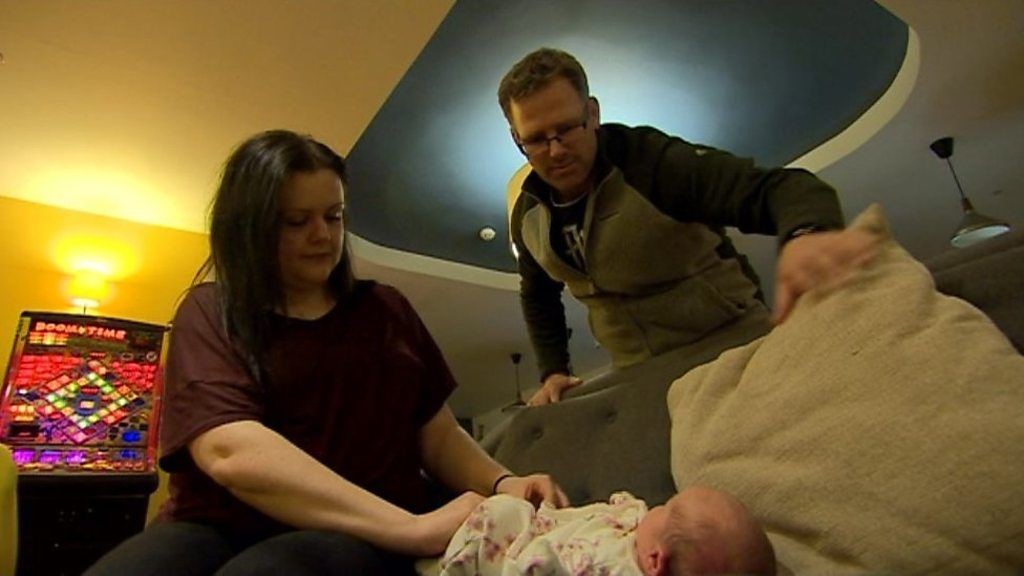 Usually family dynamics are played out in dramatic fiction in TV shows or movies, but with this WH administration (family) we get to see family dynamics play out in real life and not a scripted ‘reality’ show. We get to observe what it looks like to have a father, husband, and co-worker who is a narc, and it’s educational.
Usually family dynamics are played out in dramatic fiction in TV shows or movies, but with this WH administration (family) we get to see family dynamics play out in real life and not a scripted ‘reality’ show. We get to observe what it looks like to have a father, husband, and co-worker who is a narc, and it’s educational.
What is a surrogate spouse?
The parent uses the child to fulfill his/her own emotional needs. Some therapists also call this Emotional Incest, which is a ‘harsher’ term for people to swallow, grapple with or acknowledge that they were or still are a surrogate spouse. Please hear, children don’t know nor do they have a say in this dynamic. Adults often don’t realize that they are playing the role of spouse because this is all they’ve known since childhood.
What creates a surrogate spouse? Remember this begins in childhood, but it begins within the dysfunctional marriage/relationship between ADULTS. Let’s say the narcissist (husband) loves to work and travels for work so much so that he buries himself into work creating a distance within his marriage. That’s not the only reason, throw in consistent infidelity and verbal abuse (constant criticisms and expectations) and his wife will begin to distance herself for self-preservation. Over time, there is a division between husband and wife and the kids pick up on it. When the husband is away working, traveling, using alcohol, drugs or with multiple women, the wife (or husband) is left with the family/kids. This division creates teams, with the spouse and kids on one end and the narc on the other. (Ivanka’s mother has stated Trump didn’t want anything to do with the children while they were small. We can also see this with his child (she’s a young adult) from his second marriage as well as his third with Melania. As they are not in his family business, you rarely see Trump with these kids unless there’s a photo op.) So, while the narcissist spouse is out doing exactly what they want when they want, their spouse is left with the family. You’re married but not really married because it’s not a partnership.
That’s not the only reason, throw in consistent infidelity and verbal abuse (constant criticisms and expectations) and his wife will begin to distance herself for self-preservation. Over time, there is a division between husband and wife and the kids pick up on it. When the husband is away working, traveling, using alcohol, drugs or with multiple women, the wife (or husband) is left with the family/kids. This division creates teams, with the spouse and kids on one end and the narc on the other. (Ivanka’s mother has stated Trump didn’t want anything to do with the children while they were small. We can also see this with his child (she’s a young adult) from his second marriage as well as his third with Melania. As they are not in his family business, you rarely see Trump with these kids unless there’s a photo op.) So, while the narcissist spouse is out doing exactly what they want when they want, their spouse is left with the family. You’re married but not really married because it’s not a partnership.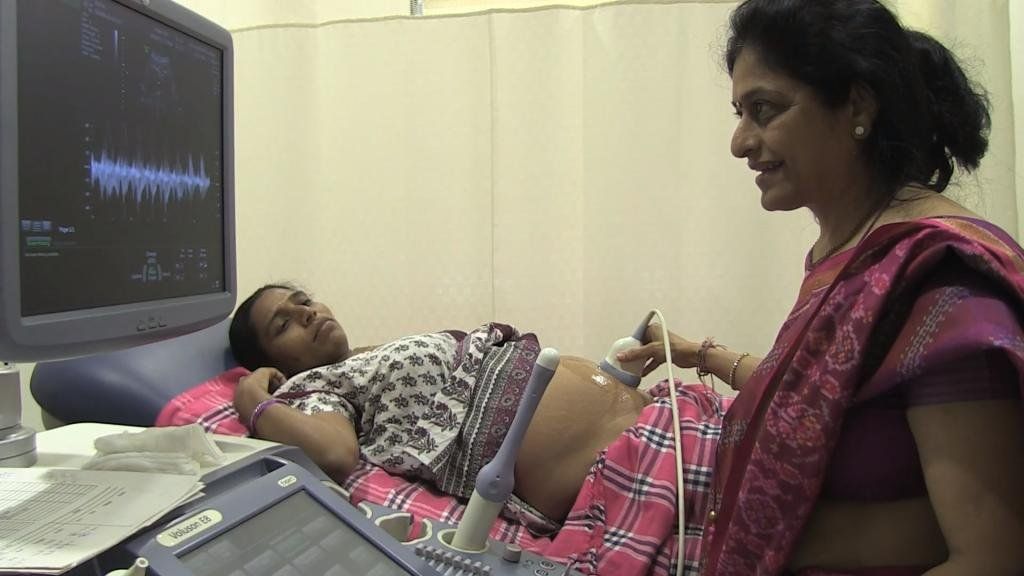 The spouse becomes lonely.
The spouse becomes lonely.
Here’s where Enmeshment comes in.
Like narcissism, Enmeshment is a continuum. Enmeshment is a subject on its own, but it’s basically a relationship between parent and child that has little to no boundaries, which means a child can be enmeshed in various ways and can be enmeshed by both parents. You can be enmeshed through working for the family business, having to live into and up to the expectations of the dominant (controlling) parent ( in this case Trump). You can be enmeshed by becoming (or rather used) as your parent’s confidant and emotional caretaker.
Let’s continue with the example. Once the spouse becomes lonely, she (he) will confide in their child(ren) leaving the child to take care of his/her parents feelings. Maybe the spouse confides that she/he is unhappy in the marriage because their father/mother are never around. Maybe the spouse begins to rely on his/her children for advice and emotional comforting. The spouse may also rely on their child by doing things with their child because their husband/wife is unavailable (like going out for a meal/movie/travel) that the spouse really wants to experience. Instead of cancelling the plans, going alone or with friends, the spouse instead takes their child/children. How often do you think Trump’s wives travelled solely with their children, without Trump in tow?
Instead of cancelling the plans, going alone or with friends, the spouse instead takes their child/children. How often do you think Trump’s wives travelled solely with their children, without Trump in tow?
As a child/teen, a surrogate spouse, may provide advice, counsel and be the confidant to their parent regarding dating, relationships, sex and household responsibilities. This can look like the parent confiding to their child how miserable they are in their marriage and how their spouse is ‘never’ around or available. This can also look like a parent confiding in their child/teen about their sex life or dating life, asking for advice and opinions on partners or even asking/expecting the child/teen to keep secrets of infidelity. These are adult subjects and behaviors that should be discussed between adults and specifically between spouses. (It was reported that Ivanka once told her father as a teen not to date anyone younger than her. Clearly, Ivanka knew certain information and insight into her father at an early age.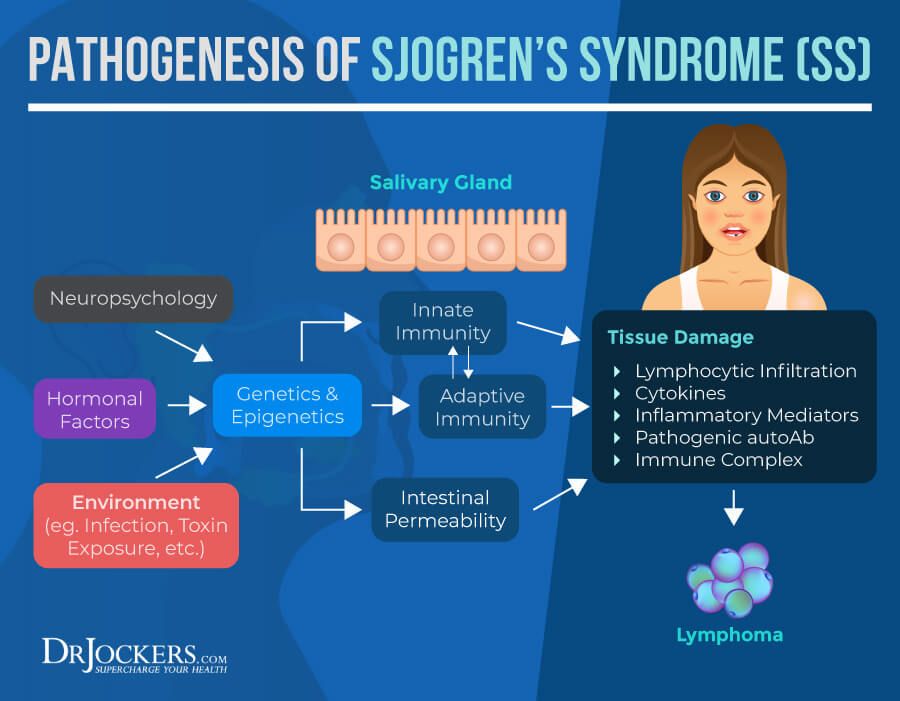 ). Being a surrogate spouse is not really a good or beneficial role for a child or adult child to play. This role can come between marriages, with adult surrogate spouses more concerned and playing the husband or wife to their parent rather than their own spouse. Therefore, creating the pattern all over again in their own family system.
). Being a surrogate spouse is not really a good or beneficial role for a child or adult child to play. This role can come between marriages, with adult surrogate spouses more concerned and playing the husband or wife to their parent rather than their own spouse. Therefore, creating the pattern all over again in their own family system.
Here’s what I see, Ivanka is clearly the favorite and her Dad would probably do most anything for her (have you noticed in the media that his sons are basically in the background while Ivanka and her husband take front and center?). It’s ironic, I know, but how his daughter views him is extremely important, so Trump is probably more willing to bend in the direction of his daughter. He wants to be seen in a positive light by his daughter. Yes, it’s still about image, his image.
However. Here is the plus for us, the people of these divided United States. Ivanka has played and does play the surrogate spouse to her father. You can see this through her campaigning for her father, doing interviews on behalf of her father, attending women’s conferences and sitting in on ‘Heads of States’ functions, duties usually designated for wives and First Ladies.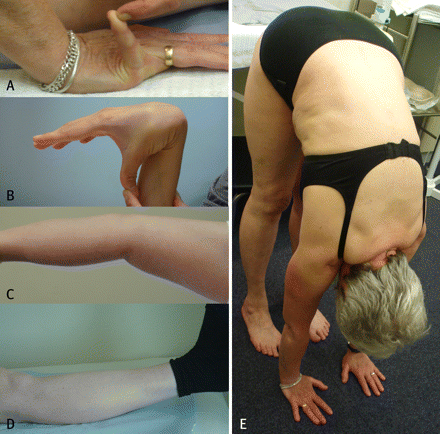 Ivanka is now an adviser to her father, which sent many people and the media in an uproar. Anyone familiar with family dynamics and narcs will know that this is NO surprise. Narcs don’t trust, so to employ his family as advisors is only predictable. However against I am with employing family members in the WH simply because it reeks of the emperor-dictator vibe, I am slightly relieved that Ivanka is officially his confidant and here’s why. She is the one person her father will listen to. Ivanka can tell her father No without him going ballistic on her and he is likely to listen to her advice, which I do think and hope is more humanistic than her father’s (or Bannon’s). Her advice may not all be good, but I bet you, her father would be more likely to make changes in his staff and to his decisions based on her advice. He may think in the Now, as in how does this benefit me now, while she may think in legacy terms as in how will this look upon us in the long-term.
Ivanka is now an adviser to her father, which sent many people and the media in an uproar. Anyone familiar with family dynamics and narcs will know that this is NO surprise. Narcs don’t trust, so to employ his family as advisors is only predictable. However against I am with employing family members in the WH simply because it reeks of the emperor-dictator vibe, I am slightly relieved that Ivanka is officially his confidant and here’s why. She is the one person her father will listen to. Ivanka can tell her father No without him going ballistic on her and he is likely to listen to her advice, which I do think and hope is more humanistic than her father’s (or Bannon’s). Her advice may not all be good, but I bet you, her father would be more likely to make changes in his staff and to his decisions based on her advice. He may think in the Now, as in how does this benefit me now, while she may think in legacy terms as in how will this look upon us in the long-term. We’ll see tho…..
We’ll see tho…..
Like this:
Like Loading...
story of a woman born without a uterus
Jacqueline Misch of Michigan, USA, was 16 years old when she realized that she had reproductive problems. Despite her age, the girl never started her period. The worried teenager went to the gynecologist, and the doctor discovered that Jacqueline was born without a uterus.
Website editor
Tags:
Women Health
Surrogacy
ECO
Egg freezing
photos from open sources
As a teenager, the girl was diagnosed with a terrible diagnosis - "Mayer-Rokitansky-Kuster-Hauser syndrome". This essentially means that Jacqueline was born without a uterus and also has an incomplete vagina. In the course of treatment, the girl still managed to get the opportunity to have sex with the help of a special dilator, but she will not be able to carry and give birth to a child on her own.
Do not self-medicate! In our articles, we collect the latest scientific data and the opinions of authoritative health experts. But remember: only a doctor can diagnose and prescribe treatment.
Ten years ago, Jacqueline won the Miss Michigan title, met a handsome man named Jonathan, and then married him. Since then, the couple has tried to conceive a child through IVF and surrogacy, but after four unsuccessful embryo transfers, they decided to change the potential carrier of the fetus. Now the couple are on their fourth visit with a new surrogate mother who volunteered to carry their baby, reports the Daily Mirror.
“It was hard to accept that I was born without a uterus. I really wanted to pretend that everything was fine, that there was no diagnosis, and that I would have a normal life. I wanted to discuss painful periods and first sex with my girlfriends, but fate decreed otherwise. I became one of 5,000 women in the world with Mayer-Rokitansky-Kuster-Hauser syndrome. It changed everything,” shared Jacqueline.
It changed everything,” shared Jacqueline.
Jacqueline had long-term problems with self-identification
photos from public sources
Woman after egg collection and freezing
photo from open sources
The girl also told how her biological peculiarity affected her self-identification and plans for the future. “For quite a long time I felt like a woman only half. I had to use dilators to have sex. I had no idea what menstruation was and lived with the fact that I would not be able to bear a child. It was embarrassing, frightening and angry. And no matter how much I suppressed these feelings, they invariably came out. I ignored most of my emotions in relation to the diagnosis, I didn’t want to think about it, ”the woman described her condition.
Jacqueline also said that for years she kept quiet about her peculiarity in order not to listen to sympathetic reviews. Only parents and husband were aware of Mish's diagnosis.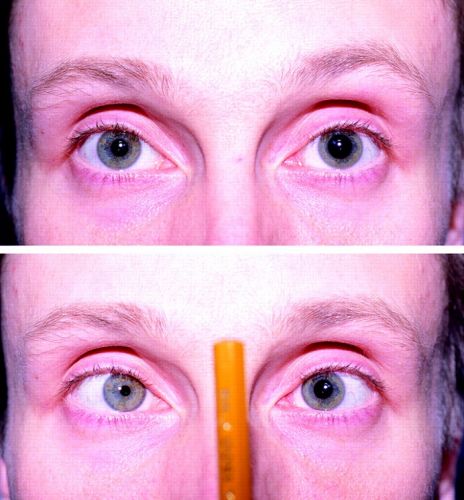 At the same time, the couple repeatedly tried to have a child with the help of a surrogate mother. After four unsuccessful attempts to transfer embryos, the couple took a break and began to look for another way out. The woman spoke about it like this: “My husband Jonathan helped me to accept myself and open up. He did not spare money for doctors and helped as best he could. At the time of the diagnosis, there was no Internet yet, and I could not get access to all the information that is now. But time passed, and it became easier. Technology has stepped forward, and people have begun to behave much more delicately. The world has changed. I was no longer judged by my ability to have a baby. It can’t be compared with anything, because I felt like a complete person.”
At the same time, the couple repeatedly tried to have a child with the help of a surrogate mother. After four unsuccessful attempts to transfer embryos, the couple took a break and began to look for another way out. The woman spoke about it like this: “My husband Jonathan helped me to accept myself and open up. He did not spare money for doctors and helped as best he could. At the time of the diagnosis, there was no Internet yet, and I could not get access to all the information that is now. But time passed, and it became easier. Technology has stepped forward, and people have begun to behave much more delicately. The world has changed. I was no longer judged by my ability to have a baby. It can’t be compared with anything, because I felt like a complete person.”
Jacqueline and Jonathan have frozen a woman's eggs and plan to use them for IVF and surrogacy. The couple has already found a new surrogate mother who is ready to try bearing a child for the spouses.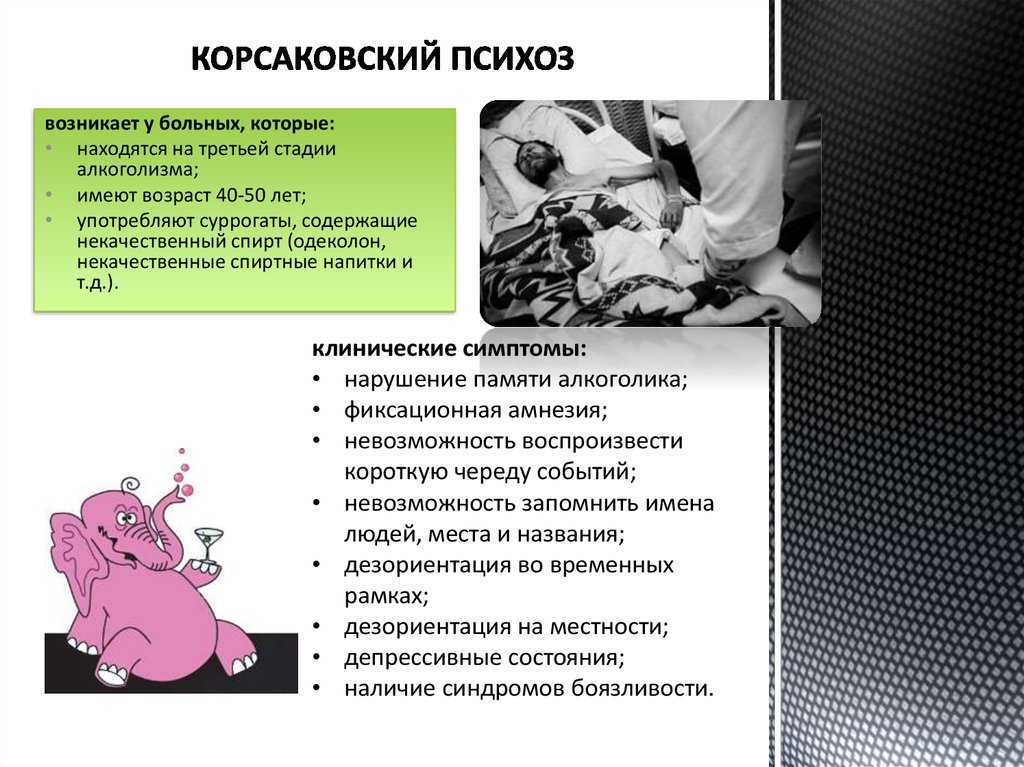
Surrogate motherhood: myths and truth about "incubators"
There are probably no people who have not heard anything about surrogate motherhood. And like any socially significant topic, it is saturated with many myths and rumors. Sometimes society condemns women who decide to become surrogate mothers, calling them "incubators" or even "prostitutes." In this article, we analyze seven common narratives about surrogate motherhood and find out which statements about it are true and which are an established myth.
Definition of surrogate motherhood
Surrogacy is an assisted reproductive technology in which a woman voluntarily agrees to become pregnant in order to carry and give birth to a child genetically alien to her, who will then be given up for the upbringing of genetic parents - customers. They will legally be considered the parents of the child, despite the fact that he was carried and given birth by a surrogate mother. So, let's start searching for the truth and lies about this procedure:
Myth one.
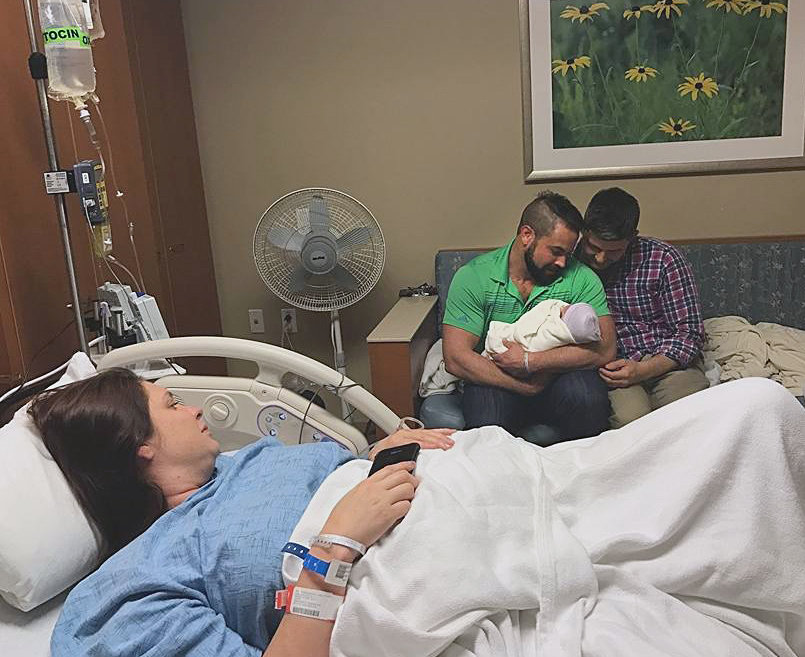 Surrogacy is illegal in Kazakhstan
Surrogacy is illegal in Kazakhstan
Verdict - False
At the legislative level in Kazakhstan, surrogacy has been allowed since 1998 with the adoption of the Law "On Marriage and Family". Later, the Code "On the reproductive rights of citizens and guarantees for their implementation" and the Code "On the health of the people and the healthcare system" were published, which became the basis of the legal framework for surrogate motherhood. By the way, in many European countries, such as France, Germany, Austria, Norway, Sweden, such an assisted reproductive method of giving birth to a child is still not allowed by law.
The second myth. Every adult woman can become a surrogate mother
Verdict ─ False
The Code "On Marriage (Matrimony) and Family", Article No. 56, contains clear criteria for potential surrogate mothers.
- The woman must be between 20 and 35 years old.
- She must have at least one biological child.

- She must be of normal physical and mental health, confirmed by medical institutions.
- If the woman is married, then a written, notarized consent of the husband is required.
But these are only legal requirements for potential surrogate mothers. In addition to them, some factors that affect the healthy birth of a baby are taken into account: the presence of bad habits, a spiral, abortion, caesarean section, miscarriage, uterine surgery, a criminal record and / or criminal liability, a predisposition to obesity, genetic diseases and other factors.
The third myth. If a woman does not want to bear a child for personal reasons, she can find a surrogate mother
Verdict ─ False
Indications for surrogate motherhood are exclusively medical and are specified in the Rules for the implementation of assisted reproductive methods and technologies approved by the Ministry of Health.
According to the article of the Bolashak Center for Surrogacy, the most common reason is the absence of a uterus. The uterus may be absent from birth (Rokitansky-Kustner syndrome) or surgically removed (hysterectomy for vital reasons, for example, with extensive bleeding during caesarean section).
The uterus may be absent from birth (Rokitansky-Kustner syndrome) or surgically removed (hysterectomy for vital reasons, for example, with extensive bleeding during caesarean section).
Other patient populations for whom surrogacy is indicated include women at increased risk of miscarriage, those with medical conditions that contraindicate pregnancy and childbirth (such as heart disease), and those who have had many unsuccessful attempts at in vitro fertilization (IVF) .
The fourth myth. A surrogate mother may refuse to give the baby to its genetic parents
Verdict ─ Half-truth
This is not entirely true. By law, surrogate mother is obliged to give the child to genetic parents (Article No. 57 of the Code "On Marriage (Matrimony) and Family"). In addition, an agreement is drawn up between the surrogate mother and the parents, where the surrogate mother agrees that she must hand over the baby after birth.
However, there are circumstances in which a surrogate mother may keep the child. They are set out in Article No. 59 of the already named Code:
They are set out in Article No. 59 of the already named Code:
- In the event that the biological parents abandon the child after birth ─ then the surrogate mother keeps the child to herself, while not returning the fee and other money received from them;
- In the event of the death of both spouses, the surrogate mother takes the child to herself if close relatives refuse to take custody of the newborn.
The law also provides that a surrogate mother can completely abandon a child despite the listed circumstances ─ then the state bears responsibility for it.
The fifth myth. Genetic parents must be legal spouses
Verdict ─ True
Indeed, only spouses can use the IVF procedure and the services of a surrogate mother. This is stated in the Code "On Marriage (Matrimony) and Family", Article No. 54. That is, only spouses who have legally registered their marriage can enter into a legal agreement with a surrogate mother.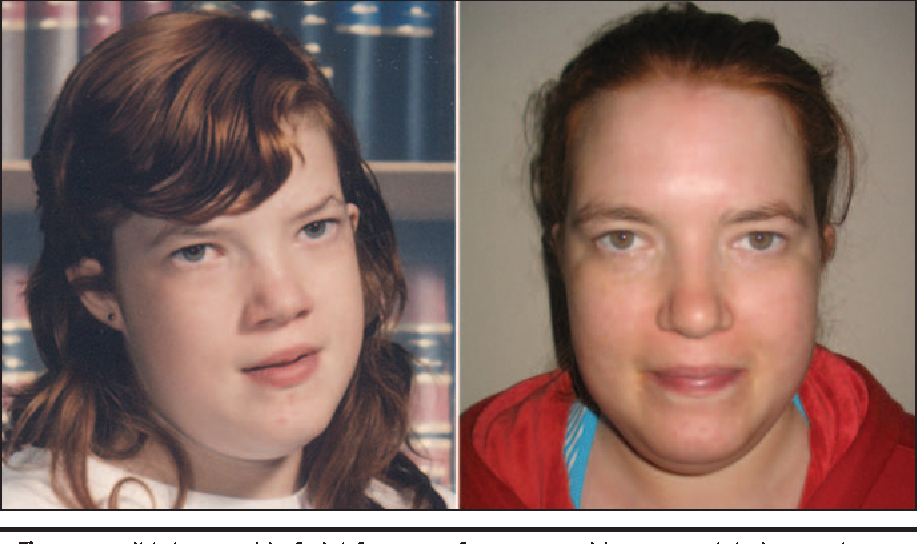 Thus, a guarantee is given that the child will live in a complete family and not need any of the parents.
Thus, a guarantee is given that the child will live in a complete family and not need any of the parents.
Sixth myth. Religion prohibits surrogate motherhood
Photo: www.pixabay.comVerdict ─ True
It turned out that the two most common religions in Kazakhstan ─ Islam and Orthodoxy prohibit surrogate motherhood.
Surrogacy and Islam
Surrogacy in Islam is prohibited by Sharia. The Spiritual Administration of Muslims of Kazakhstan (hereinafter ─ SAMK) condemns surrogate motherhood, since according to Sharia, before a man and a woman have a child, a nikah must be concluded between them.
At the XV meeting, the SAMK issued a fatwa (fatwa ─ a legal source of Islamic law based on the principles of Sharia) on surrogacy, according to which:
- It is forbidden to transplant an artificially fertilized egg into the uterus of another woman who voluntarily agreed to bear a child.
- It is not permitted to sell or lend a woman's womb to strangers.
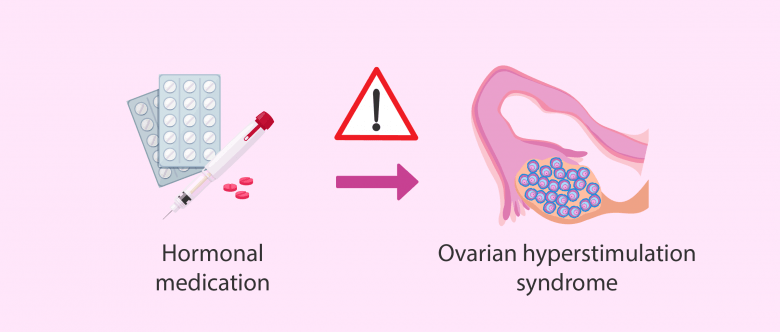
The SAMK named the reasons why surrogate motherhood is prohibited in Islam:
“According to Sharia, in order for a legitimate child to be born in marriage, it is necessary that his parents enter into nikah in compliance with all Sharia requirements and obligations.”
Another reason the SAMK calls the fact that the female womb is not subject to the category of "mubah" - that is, it is not subject to sale or replacement.
“The female womb is not subject to the category of mubah, that is, it is not subject to sale, replacement. For example, the physiological needs of a woman can only be satisfied by her legal spouse, ”says experts in the department.
Also, according to the imams of the SAMK, surrogate motherhood spoils the pedigree of a child.
“If a woman were allowed to sell or donate her body or other organs for use, then the child could not know his family, the woman’s husband would also not be able to call him his son. Such actions that spoil the pedigree of a child are prohibited by Sharia.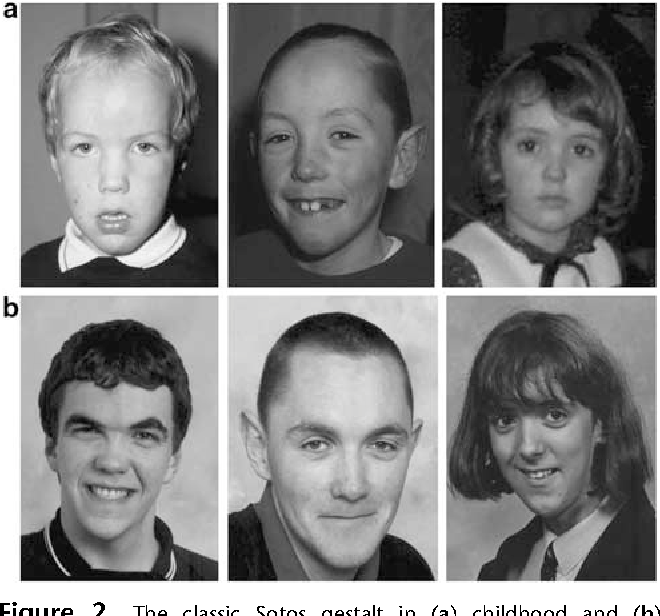
Orthodoxy
The Orthodox Church condemns surrogate motherhood and considers it a sinful act, "unnatural and morally unacceptable" even if it is not done for money. The reasons for the ban are set out in the Fundamentals of the Social Concept of the Russian Orthodox Church, according to which surrogate motherhood:
- Violates the integrity of the individual and the exclusivity of marital relations, allowing them to be invaded by a third party;
- Encourages irresponsible fatherhood or motherhood, knowingly exempted from any obligations in relation to those who are "flesh of flesh" anonymous donors;
- Involves the destruction of the deep emotional and spiritual closeness that is established between mother and baby already during pregnancy.
But the main reason for the ban lies in the fact that the ways to childbearing that do not agree with the plan of the Creator of life (i.e. God), the Church cannot consider morally justified.
Morally unacceptable from an Orthodox point of view are also varieties of in vitro (out of body) fertilization, which involve the preparation, conservation and deliberate destruction of "excessive" embryos. Only artificial insemination by the sex cells of the husband is permissible by the Orthodox Church, since it does not violate the integrity of the marriage union, does not fundamentally differ from natural conception, and occurs in the context of marital relations.
The seventh myth. Surrogacy is expensive
No verdict
Surrogacy in Kazakhstan is legal, but not cheap at all. On average, the price of surrogate motherhood starts from $10,000, while, according to the law, a surrogate mother must be provided with care and medical care at the expense of the family with which she has entered into an agreement. Parents suffering from infertility can apply as surrogate mothers who are in the database of certain clinics or look for them on their own among friends or in special forums dedicated to this topic.
In vitro fertilization
Surrogacy technology is not limited to the payment of the surrogate mother's fee, since in addition to this, an in vitro fertilization (IVF) procedure is also required, the cost of which in different clinics in Kazakhstan varies from 300,000 to 700,000 tenge. For example, at the Institute of Reproductive Medicine (IRM) in Almaty, the cost of IVF is 350,000 tenge (without the cost of stimulant drugs).
Surrogate mother fee
Among Kazakhstanis, the search for a surrogate mother in the forum of the international Kazakh server kazakh.ru, dedicated to surrogate motherhood, is popular, after analyzing the ads in which we found out that the age of those who want to become surrogate mothers is from 19 to 35 years. All of them have at least one child and ask from two to 12 million tenge for their services. Also, potential surrogate mothers require monthly payments for food, an apartment, clothes and vitamins, the cost of which varies from 40 to 200,000 tenge, depending on the needs.